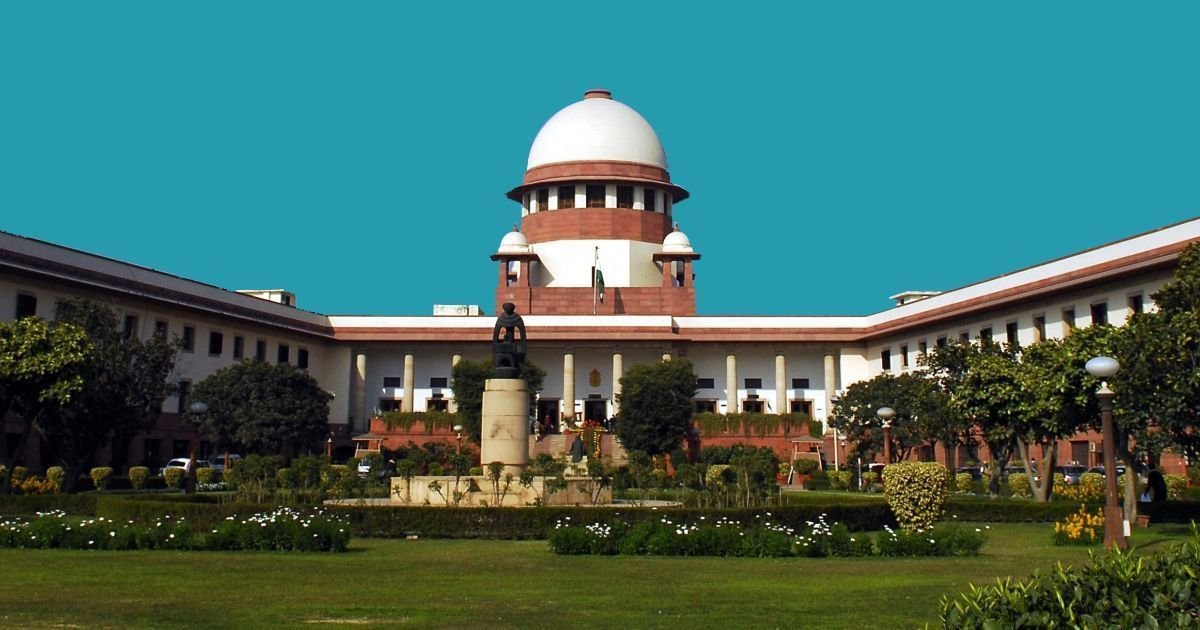Exclusive and wide-ranging powers provided to the trial courts under section 216 of CrPC
In its judgement today,the apex court observed that the court has a power to add or alter charged before the pronouncement of judgement , even after the the completion of evidence & arguments, and also after the judgement is reserved.
Justice DY Chandra hue & Hrishikesh Roy , constituted a bench, and held that from the precedent judgements of supreme court, the range of section 216 of CrPC is clear.
The court said,”it is clear that section 216 provides the court an exclusive and wide-ranging power to change or alter any charge. The use of words ‘at any time before judgement is pronounced’ in Sub-Section (1) empowers the court to exercise its powers of altering or adding charges even after the completion of evidence, arguments and reservation of the judgement.”
Application of Cancellation of Bailable Warrant Format
However ,the conditions and circumstances are explicated in which this power may be exercised. It says that, if there might have been an omission while framing charges, it could be altered, if the judge feels it to be fit. The charge to be added further, should have a relation or a reasonable nexus with the matter alleged on the offender.
“The test to be adopted by the court while deciding upon an addition or alteration of a charge is that the material brought on record needs to have a direct link or nexus with the ingredients of the alleged offence.”- Supreme Court.
The approach of the court that has to be followed while insertion of charges is explained in clause four of this section.
Section 216(4): if the alteration or addition is such that proceeding immediately with the trial is likely, in the opinion of the court, to prejudice the accused or the prosecutor as aforesaid, the court may either direct a new trial or adjourn the trial for such period as may be necessary.
In the instant case, Dr. Nallapareddy Shridhar Reddy vs. Andhra Pradesh, additional charges were framed against the accused.








![Tax Law Internship Opportunity at Legum Attorney [Chamber of Ashish Panday], Delhi [Tax Litigation]: Apply by 2nd November](https://www.ourlegalworld.com/wp-content/uploads/2024/10/Legum-Attorney-Intern.png)
